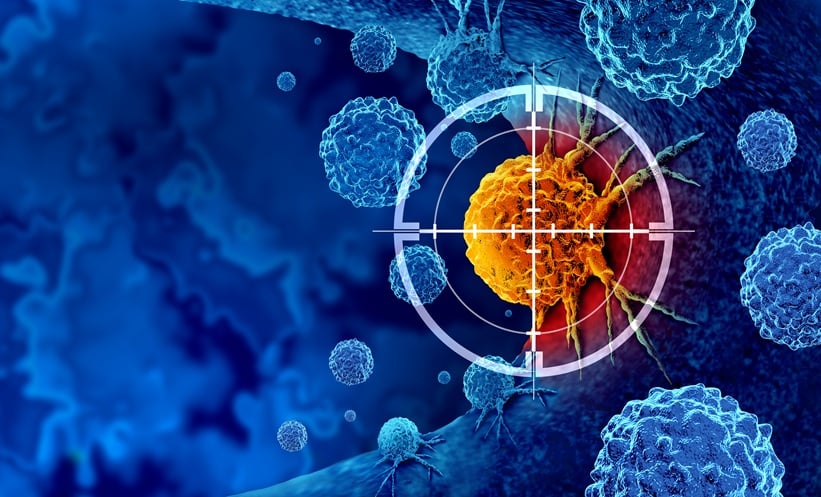IMMUNE checkpoint inhibitors (ICIs) have revolutionised cancer treatment, offering hope to patients with advanced and previously untreatable malignancies. However, these therapies can trigger serious autoimmune side effects, known as immune-related adverse events (IrAEs). Among the most severe is ICI-induced type 1 diabetes mellitus (ICI-T1DM), a rare condition affecting 1%–2% of patients. It causes rapid destruction of insulin-producing pancreatic β-islet cells, often leading to diabetic ketoacidosis and permanent insulin dependence.
In a new study, researchers identified a specific immune cell type, CD4+ T follicular helper (Tfh) cells producing IL-21 and IFN-γ, as a key driver of ICI-T1DM. These cells appear to coordinate the autoimmune attack on the pancreas following ICI treatment. Significantly, the study demonstrates that treatment with ruxolitinib, a JAK1/2 inhibitor already approved for other conditions, can prevent the onset of ICI-T1DM in preclinical models.
JAK inhibitors (JAKi) work by blocking cytokine signalling, which is essential for the inflammatory response of T cells. The study showed that JAKi therapy reduced the presence of pathogenic Tfh cells in both mice and human samples, thereby halting pancreatic autoimmunity. This builds on evidence from earlier trials where JAKi therapies, such as baricitinib, preserved islet function in spontaneous type 1 diabetes and improved outcomes in other IrAEs like ICI-myocarditis.
While promising, the authors note that caution is warranted. Because JAK signalling plays a role in anti-tumour immune responses, broad immune suppression could potentially weaken the effectiveness of cancer therapy. However, by identifying Tfh cells and the IL-21/IFN-γ axis as key drivers of ICI-T1DM, this study offers the potential for more targeted interventions that prevent autoimmune toxicity without compromising cancer treatment.
As ICI use expands to earlier-stage cancers, the ability to prevent long-term complications like ICI-T1DM becomes increasingly important. This study marks a critical step towards safer immunotherapy by pinpointing both the cells and signalling pathways that could be selectively targeted to prevent this life-altering side effect.
Reference
Huang NL, Ortega JG, Kimbrell K, et al. Polyfunctional T follicular helper cells drive checkpoint-inhibitor diabetes and are targeted by JAK inhibitor therapy. JCI Insight. 2025;10(13):e188843. Published 2025 Jul 8. doi:10.1172/jci.insight.188843.





